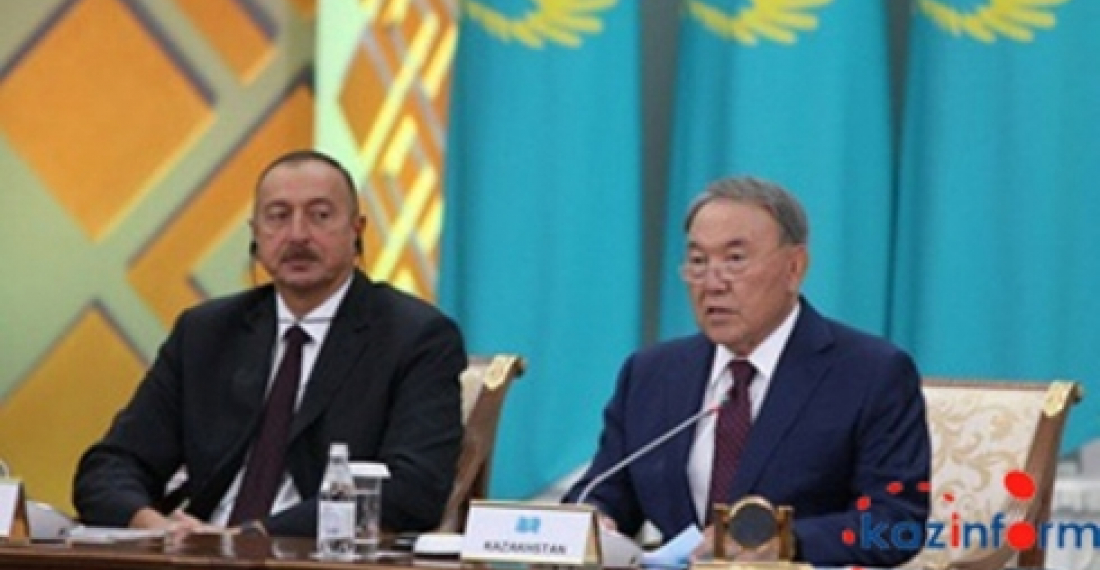Participants in the summit also attended the ceremony marking the 550th anniversary of the establishment of the Khazak Khanate "People of the independent Turkic speaking states - Turkey, Kazakhstan, Uzbekistan, Azerbaijan, Turkmenistan and Kyrgyzstan - and 200 million of Turkic peoples scattered around the globe are the descendants of one great forefather, the Turkic warrior," President Nazarbayev said in a speech during the cerermony. The Kazakh leader stressed that the Turkic speaking nations are created to be together and preserve their unity. "Our unity is the key to our success and the source of power to protect our motherlands. We should always bear it in our minds. In the 21st century the Turkic speaking countries separated by destiny, but having common language, traditions, and roots, should cooperate with each other," Nursultan Nazarbayev added.
News
Turkic Nations Summit opens in Astana

The fifth summit of the Cooperation Council of the Turkic Speaking States (CCTS) opened in the capital city of Kazakhstan, Astana, on Friday, 11 September. The summit was addressed by the Kazakh President Nursultan Nazarbayev who said that the summit was a crucial stage in the integration of the Turkic world. Nazarbayev added that since the CCTS was created, cooperation between its member states had become systematic. "In the 21st century Turkic speaking countries should step up cooperation", Nazarbayev told the heads of state and other representatives from Turkic nations attending the summit.
One of the items being discussed at the summit is the creation of a pan Turkic television station. The idea was welcomed by President Ilham Aliev of Azerbaijan who is also attending the summit who described it as a fine project that will strengthen friendship between Turkic-speaking peoples.
source: commonspace.eu with Kazinform News Agency
Photo: President Aliev of Azerbaijan and President Nazarbayev of Kazakhstan in Astana on 11 September 2015 (picture courtesy of Kazinform).






